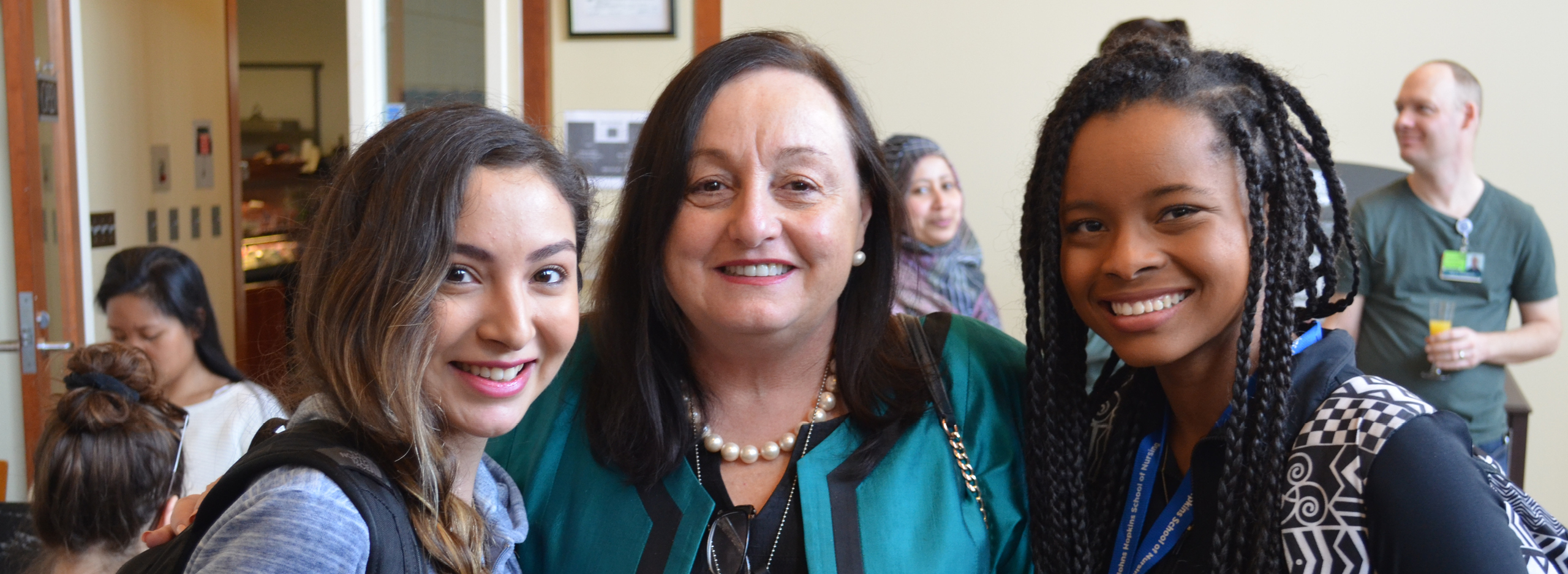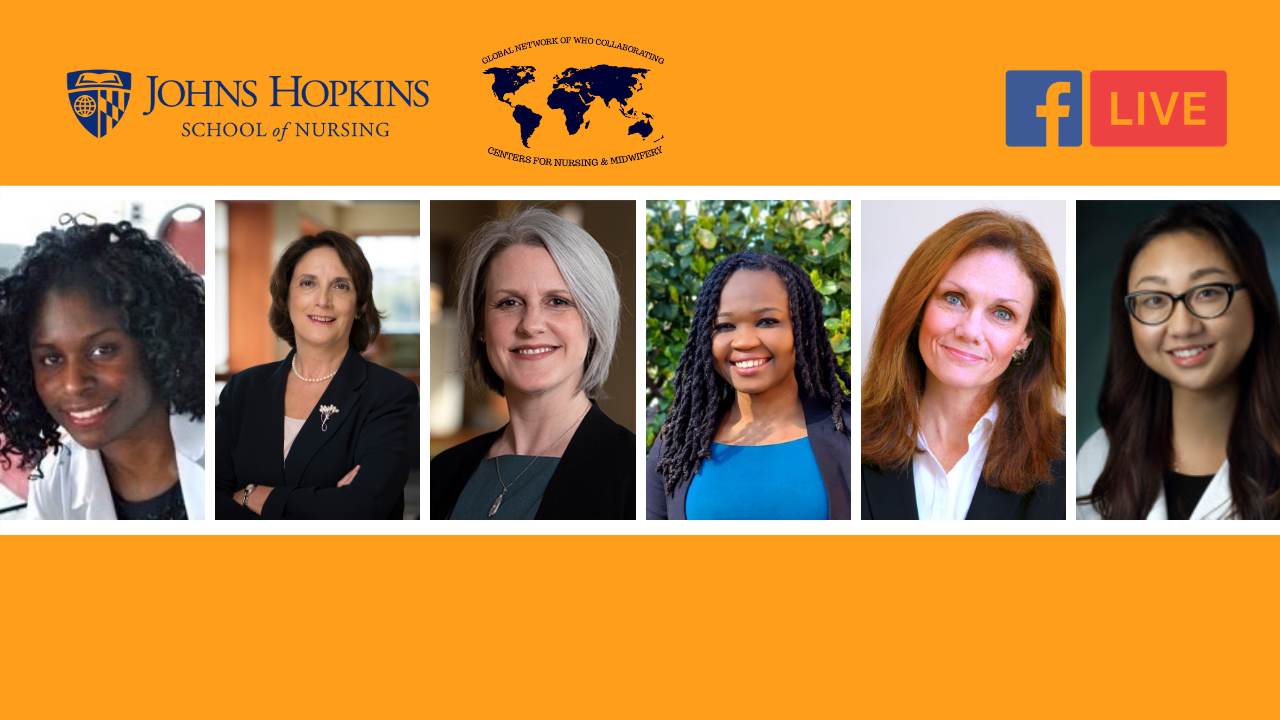In April 2017, Johns Hopkins School of Nursing (JHSON) students attended the Consortium of Universities for Global Health Conference, “Healthy People, Healthy Ecosytems,” in Washington, D.C. Students wrote blogs reflecting on breakout sessions and topics presented by experts and the current climate of global health. In part five, we look at the thoughts of JHSON student Nick Ivanov and conquering challenges to establish a career in global health.
Global Health is More Than International Health
Many graduate students studying medicine, nursing, or public health express a desire to work in global health. But there seems to be a common misunderstanding of the meaning of “global health,” which is oftentimes mistaken for international health. The United States is often forgotten as a part of global health, however, work must be done to address the pressing needs of specific segments of this country to find solutions to global health challenges. Certain US populations currently face a plethora of issues that are mirrored in other countries of the world. Local needs such as homelessness, hunger, inaccessibility of health care, neonatal mortality, and HIV and other infectious diseases appear to be abundant. So, what does the current workforce climate require in order to offer solutions to these emergent and persistent problems?
Current Trends in Global Health Human Resources
The 2017 Consortium of Universities for Global Health conference career session identified three main trends presently occurring in global health career management: localization, data science, and private sector engagement.
Localization means that employers are focusing on ground-up, beneficiary-driven hiring practices for overseas locations. When the beneficiaries, or local experts, are fully engaged in all processes, only then will sustainable growth become possible. In this context, “thinking globally, acting locally” works only when the place you’re located snuggly fits into a broader global context, however, this is not necessarily the case everywhere in the world. “Thinking locally and acting globally” can provide training to foreign development workers more than the global thinking they are framed to use. Localization trends of engaging local workforce mean there will be a lesser need for hiring international workers to do the jobs that locals can perform just as efficiently. Now, a different set of skills is becoming more crucial: cultural competency, capacity building and development, training, and program implementation and evaluation.
Not so long ago, data analysis and data visualization were a specialty, however, a recent development has shown that more and more employers in the global arena require skills in “data science” for the majority of international project jobs. With large volumes becoming available, global health staff must be able decipher and apply data to find solutions and present to final users, such as donors and funders, who may not necessarily be astute “data scientists.”
Finally, knowledge and experience with engaging the private sector is an invaluable skill. In the current political environment where availability of public funds for international projects is uncertain, private funding will have to step in to bridge the financing gap. Experience in private-public partnerships, working with donors, fund-raising, grant writing, communication, and project management skills will be more widely required for both local and international jobs in global health. In addition to an excellent “business” acumen, specific technical experience, and community-regional experience will be highly sought after.
How to Bridge the Gaps
Rudy’s (2016) study revealed that only 33 percent of project directors agreed that master’s in public health and global health program graduates came well prepared with non-clinical skills. This shows a huge gap between academia and market demands. Experience in training, performance improvement, program evaluation, collaboration and teamwork are highly desired. Unless academia assists in closing this gap, applicants need to find ways to acquire these skills through networking, volunteering, and internships.
Where Does the Money Flow in Global Health?
Panel representatives from both USAID and the Melissa and Bill Gates Foundation, the global health agenda-setters, stated that infectious diseases still remained a funding priority, as they were “big buck” value-added segments. Rob Nabors, Director of Policy and Government of the Melissa and Bill Gates Foundatio stated, “Non-communicable diseases, even though crucially important, will not be the focus in the near future.”

 Global Service Learning: Guatemala
Global Service Learning: Guatemala From Baltimore to Vellore, India: Global Support for Nurses Struggling with COVID-Related Mental Health
From Baltimore to Vellore, India: Global Support for Nurses Struggling with COVID-Related Mental Health Three Cheers for Dean Patricia Davidson
Three Cheers for Dean Patricia Davidson 7 Steps to Ensure Quality Global Health Missions
7 Steps to Ensure Quality Global Health Missions On The Pulse: COVID Vaccine Equity, Reaching Underserved Communities Locally & Globally
On The Pulse: COVID Vaccine Equity, Reaching Underserved Communities Locally & Globally






